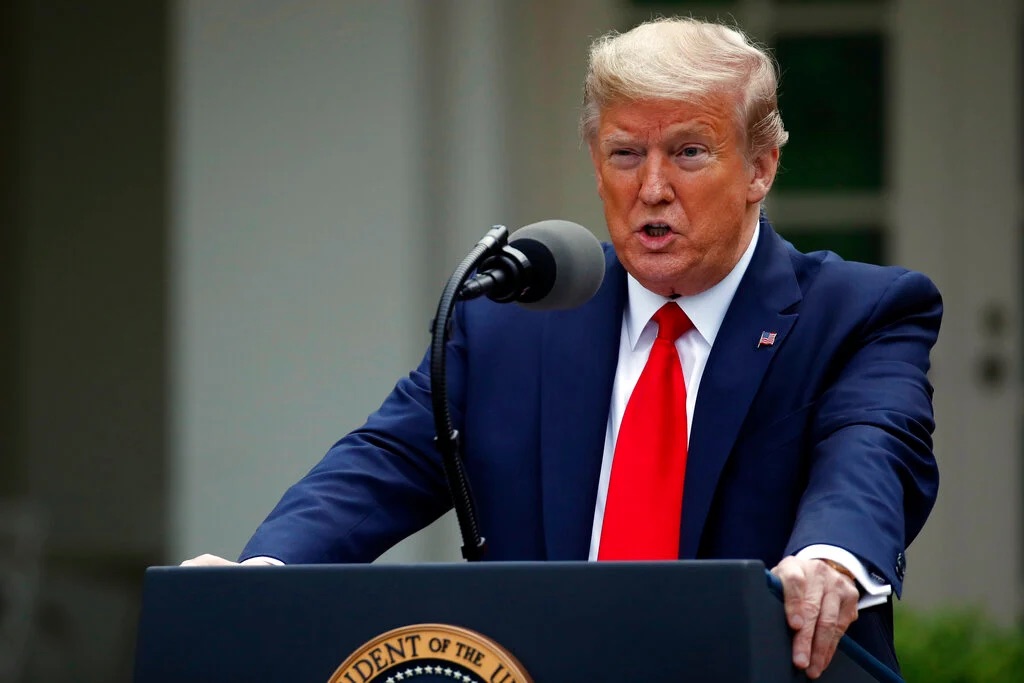
The Trump administration is considering a major expansion of its travel restrictions by potentially banning citizens from 36 additional countries from entering the United States, according to an internal State Department cable seen by Reuters.
Earlier this month, President Trump signed a proclamation banning entry from 12 countries, citing national security concerns related to “foreign terrorists” and other threats. This move is part of a broader immigration crackdown launched at the start of his second term, which has also included deportations and visa restrictions.
State Department Raises Concerns About Countries
The State Department, in a diplomatic cable signed by Secretary of State Marco Rubio, outlined a dozen issues with the countries under review. Among the main concerns were the lack of reliable identity documents, questionable security of passports, and poor cooperation in deporting nationals who have been ordered removed. Some countries also have a history of their citizens overstaying U.S. visas or being involved in terrorist or anti-American activities.
The cable warned that if these countries do not meet established benchmarks within 60 days, they could face full or partial suspension of entry to the U.S. Not all concerns apply to every country listed, but the overall tone signals a significant tightening of travel policies.
The 36 countries under scrutiny include nations across Africa, Asia, and the Pacific, such as Angola, Cambodia, Democratic Republic of Congo, Ethiopia, Kyrgyzstan, Nigeria, Syria, and Tanzania, among others. This would be a considerable broadening from the existing ban on 12 countries like Iran, Libya, and Somalia, as well as partial restrictions on seven other nations.
Official Statements and Policy Goals
A senior State Department official told reporters that policies are constantly reevaluated to ensure American safety and to confirm that foreign nationals adhere to U.S. laws. The official emphasized the department’s commitment to national security and public safety through its visa process, though declined to comment on specific internal deliberations.
During his first term, President Trump imposed a travel ban targeting seven Muslim-majority countries, a policy that went through several revisions and was ultimately upheld by the Supreme Court in 2018. The current and proposed bans reflect an ongoing focus on tightening immigration and border controls as part of the administration’s broader security strategy.
What The Author Thinks
Expanding travel bans might strengthen national security, but the sweeping nature risks straining diplomatic ties and harming innocent travelers. Blanket restrictions based on broad country assessments can overlook the nuances of individual cases and alliances. A balanced approach, combining targeted intelligence with flexible policies, is essential to protect security without sacrificing America’s commitment to openness and international cooperation.
Featured image credit: FMT
For more stories like it, click the +Follow button at the top of this page to follow us.
